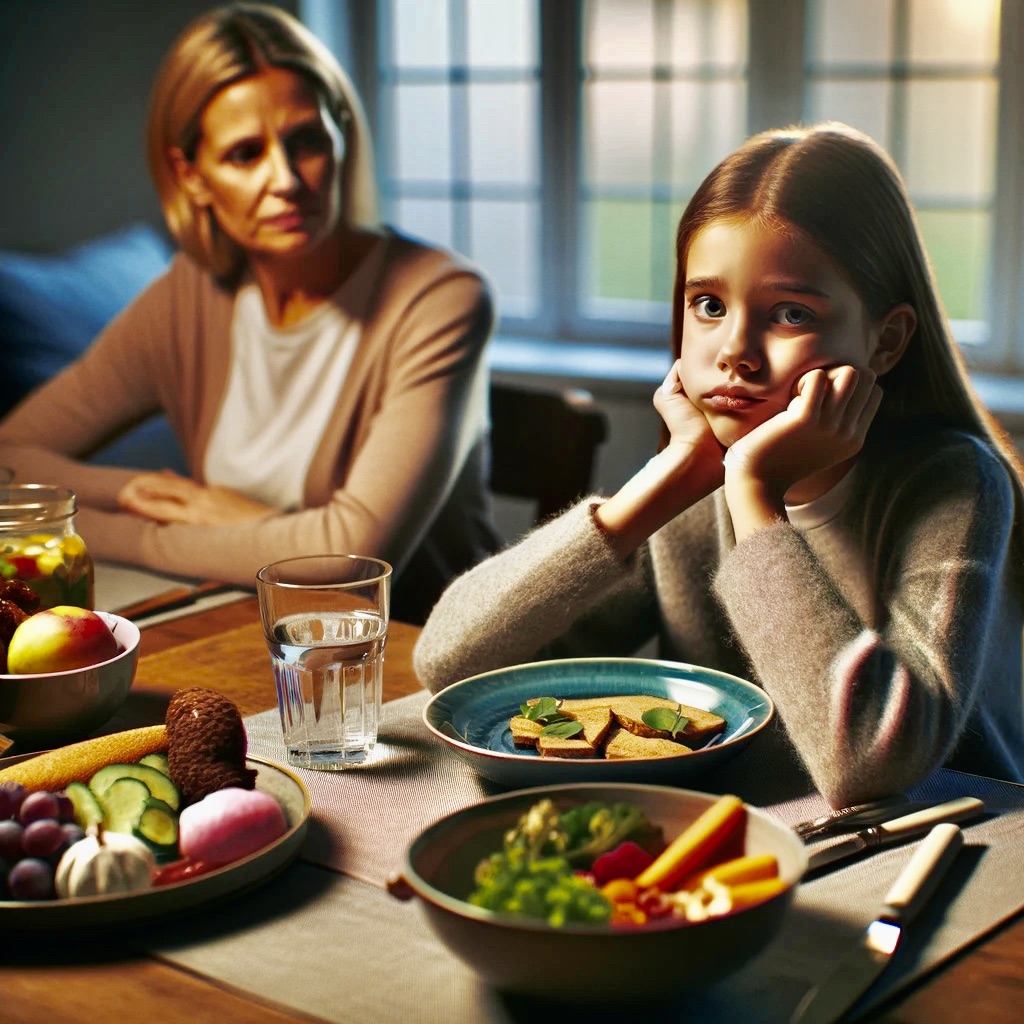Your story counts!
Need some help?
Now is the time to start writing!
You are in the right place to receive one-on-one guidance in writing your story and preserving it for future generations.

I am a non-fiction writer with expertise in narrative mentoring and editing.
My PhD in Creative Writing explores how story-telling can assist self-healing, and how the personal diary and other keepsakes can be a valuable resource in memoir-writing.
To become a Life Story Writer, you need:
I will assist you with every stage.
Are you working on...
Writing Your Story?
Do you want to write your story but need some guidance? Professional one-on-one memoir mentoring offers numerous benefits. As your writing mentor, I assist with every stage – including the identification of main themes, story mapping, writing, and editing to professional publishing standard.
Do you need some help with...
Manuscript Editing?
Have you completed the first draft of your manuscript and are wondering what to do next? A manuscript assessment will assist by providing constructive feedback on big picture elements. As well, seamless copy editing will add shine to the gem that is your life story.
Start today. Book a…
Free Consultation
Find out how my writing mentoring service can help you.
For a free initial consultation, fill out and email the form
and I will be in touch.




